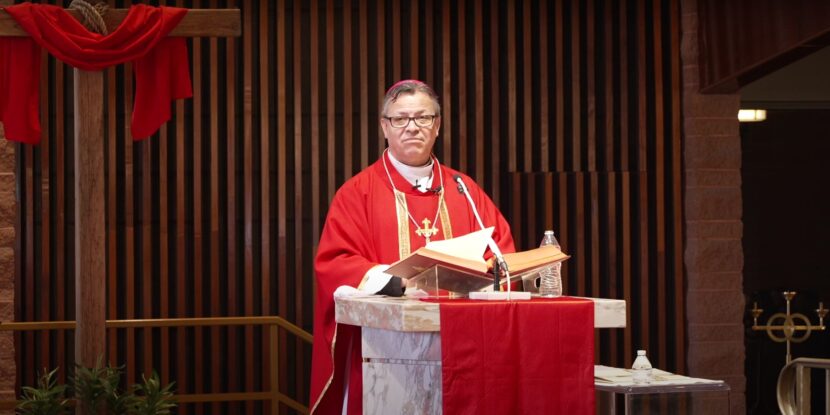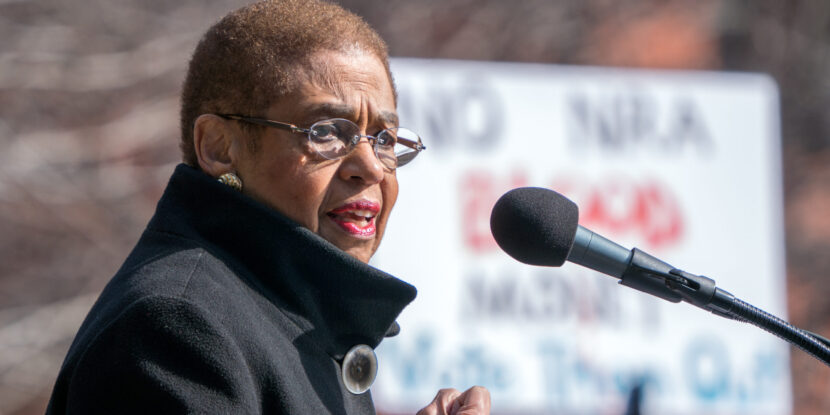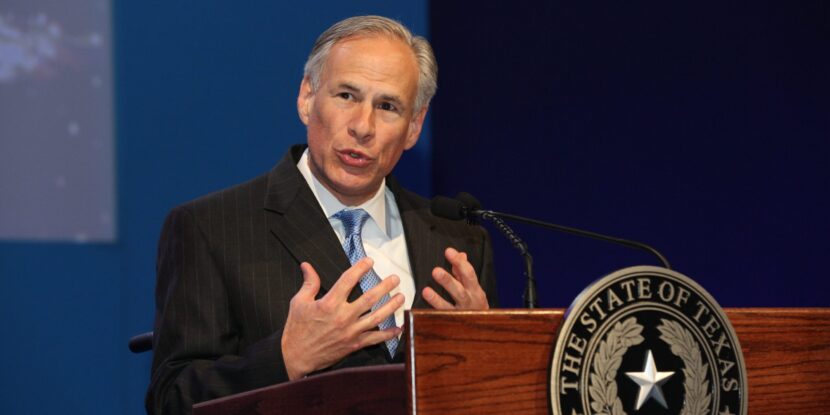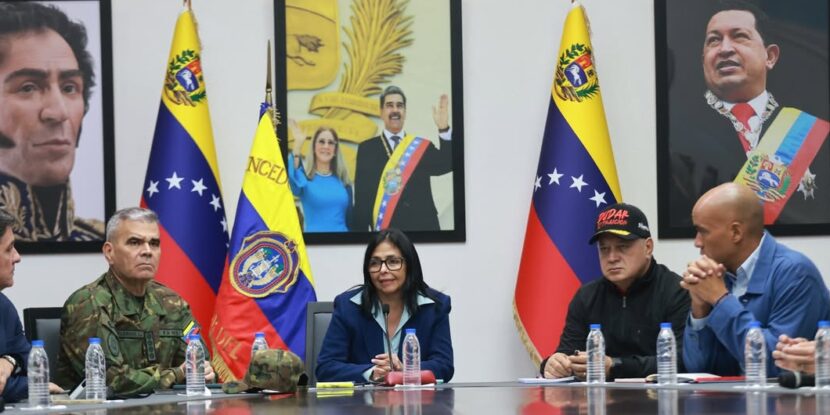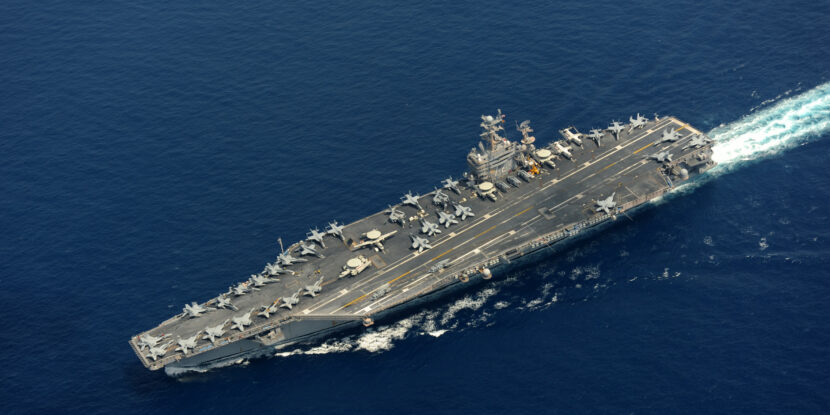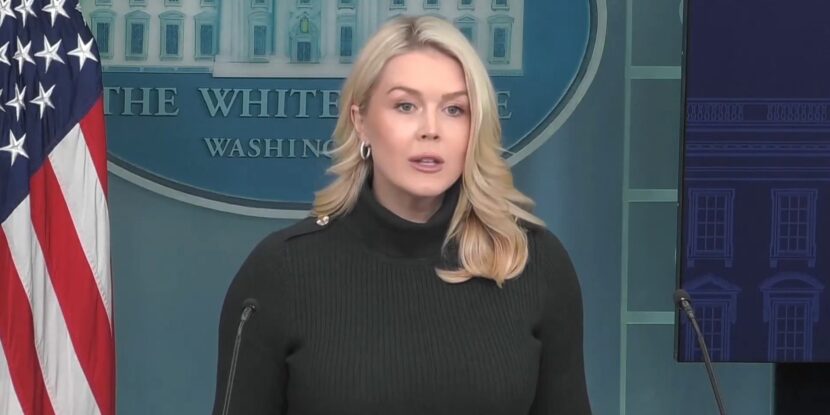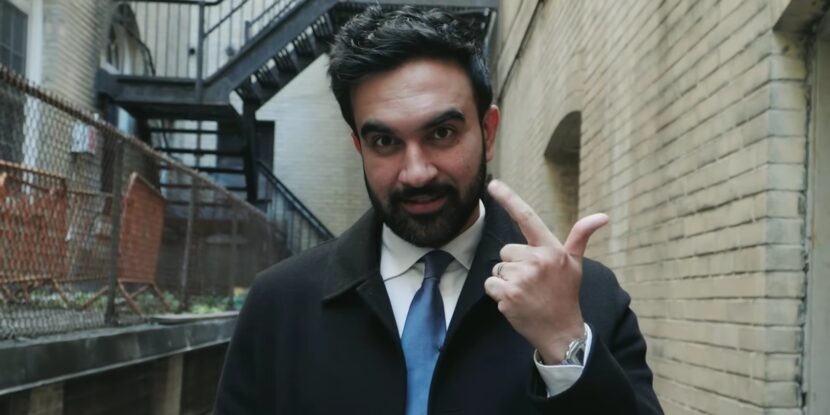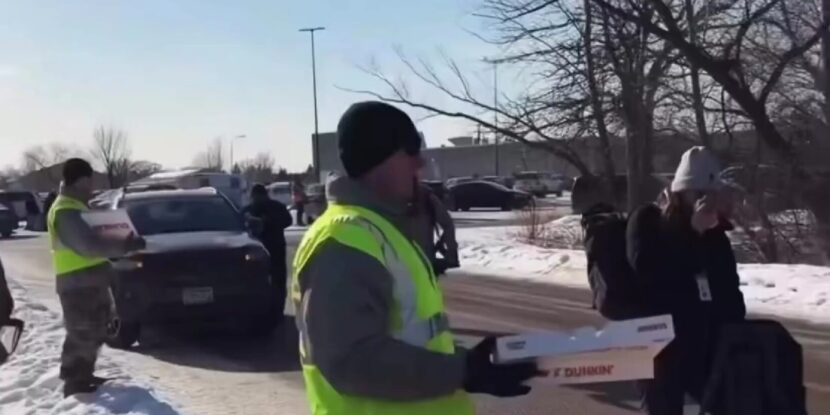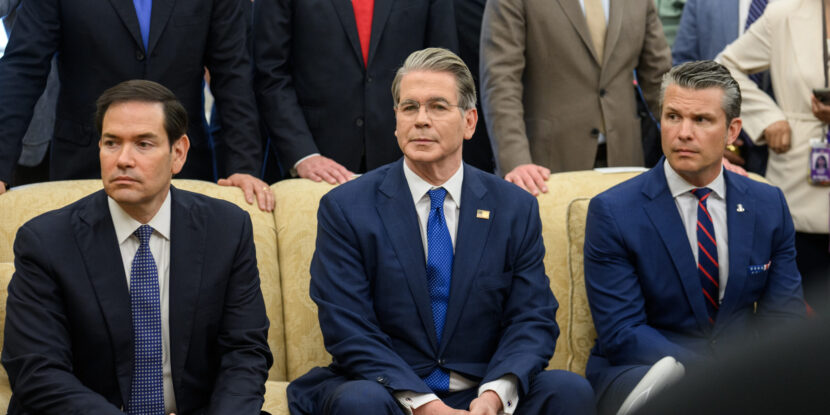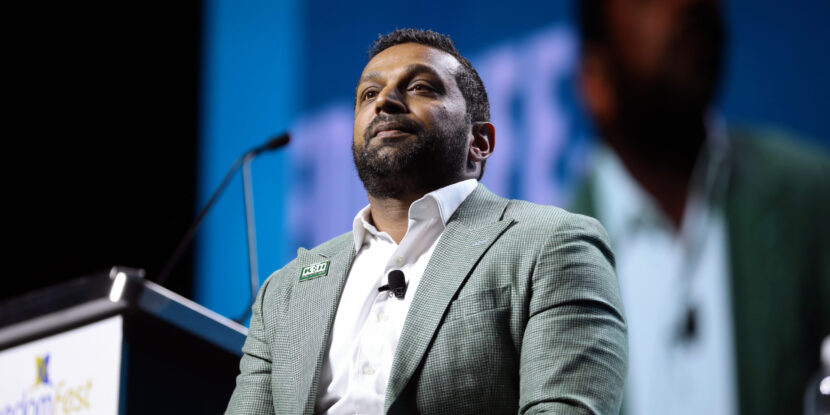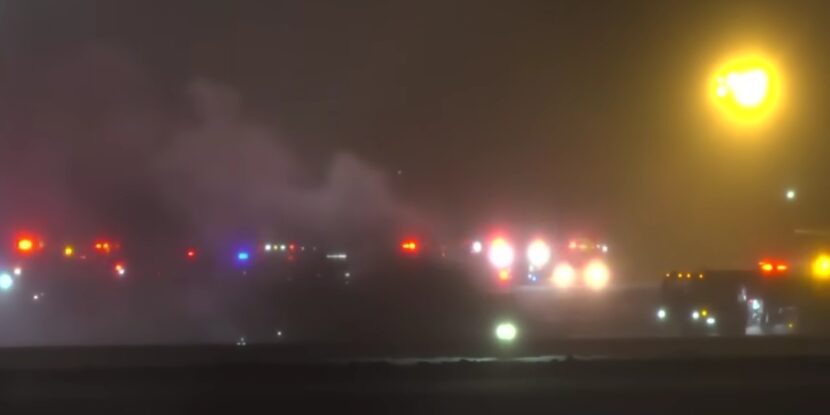❓WHAT HAPPENED: Mexico-born Bishop Alberto Rojas of San Bernardino, California, issued a decree excusing parishioners from their Sunday Mass obligations so they can avoid U.S. Immigration and Customs Enforcement (ICE).
👤WHO WAS INVOLVED: Bishop Alberto Rojas, Msgr. Gerard M. Lopez, and the Diocese of San Bernardino.
📍WHEN & WHERE: Diocese of San Bernardino, California; decree issued recently with no specific end date.
💬KEY QUOTE: “Those who, due to genuine fear of immigration enforcement actions, are unable to attend Sunday Mass… are dispensed from this obligation.” – Bishop Rojas
🎯IMPACT: The move absolves illegal immigrants from the obligation to attend Holy Mass, regarded by many faithful Catholics who are not breaking immigration laws as a slap in the face to their brethren in places like Africa and the Middle East, who often face active, violent persecution.
Bishop Alberto Rojas of the Diocese of San Bernardino in California has issued a decree excusing parishioners from their Sunday Mass obligation due to “potential immigration enforcement actions by civil authorities.” The decision, according to Mexico-born Rojas, was made under his authority in the Code of Canon Law, which allows a diocesan bishop to dispense the faithful from universal and particular disciplinary laws when it contributes to their spiritual good.
Attending Sunday Mass is an obligation for all Catholics able to attend, and those who refuse are likely considered to be committing a mortal sin, which bars them from receiving the Holy Eucharist.
Rojas stated, “Recognizing that fear of immigration enforcement, such as raids by the U.S. Immigration and Customs Enforcement (ICE), may deter some members of our diocese from fulfilling the obligation to attend Mass on Sundays and holy days of obligation… and acknowledging that such fear constitutes a grave inconvenience that may impede the spiritual good of the faithful, I hereby decree the following…”
The decree specifies that members of the faithful who genuinely fear immigration enforcement actions and are unable to attend Mass are dispensed from the obligation “until such time as this decree is revoked or amended.” Rojas also encouraged alternative spiritual practices, such as personal prayer, reading Sacred Scripture, or participating in devotions like the Rosary or the Divine Mercy Chaplet. He suggested televised Mass as another option.
Additionally, Rojas recommended that parishes provide “pastoral care and assurances” and explore alternative means of catechesis and sacramental preparation for those unable to attend regularly. The decree’s duration and scope will remain in effect “until further notice or until such time as the circumstances necessitating this decree are sufficiently resolved.”
Such dispensations were also granted during the COVID-19 pandemic, with many Bishops excusing parishioners from attending Holy Mass due to the risk of possible infection.
The move also comes after President Donald J. Trump defunded many Catholic charities in the United States that were receiving billions of U.S. taxpayer dollars to help illegal immigrants.
Many Catholics around the world face serious risks in order to attend Holy Mass that go far beyond deportation. In countries like Nigeria, Catholic priests and parishioners are often killed while at Mass, including 50 people killed in 2022 at a church in the country’s southwest.
Join Pulse+ to comment below, and receive exclusive e-mail analyses.
